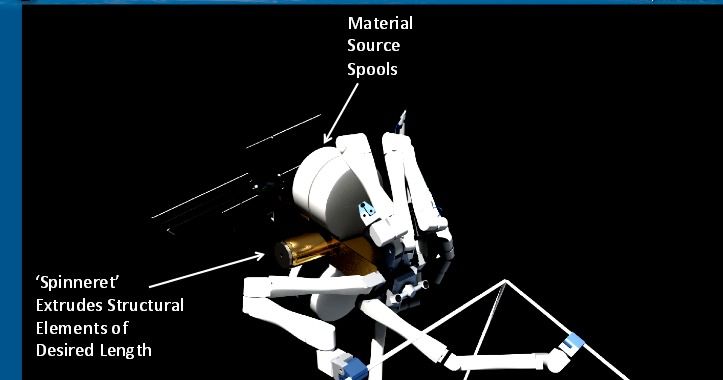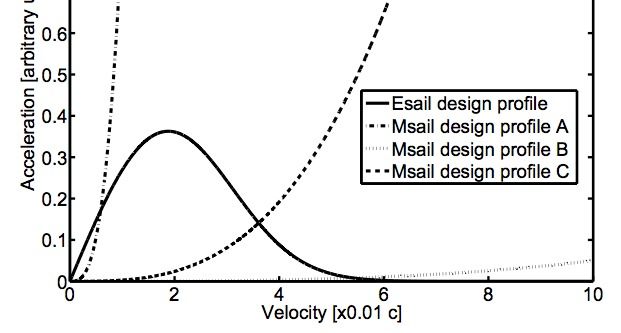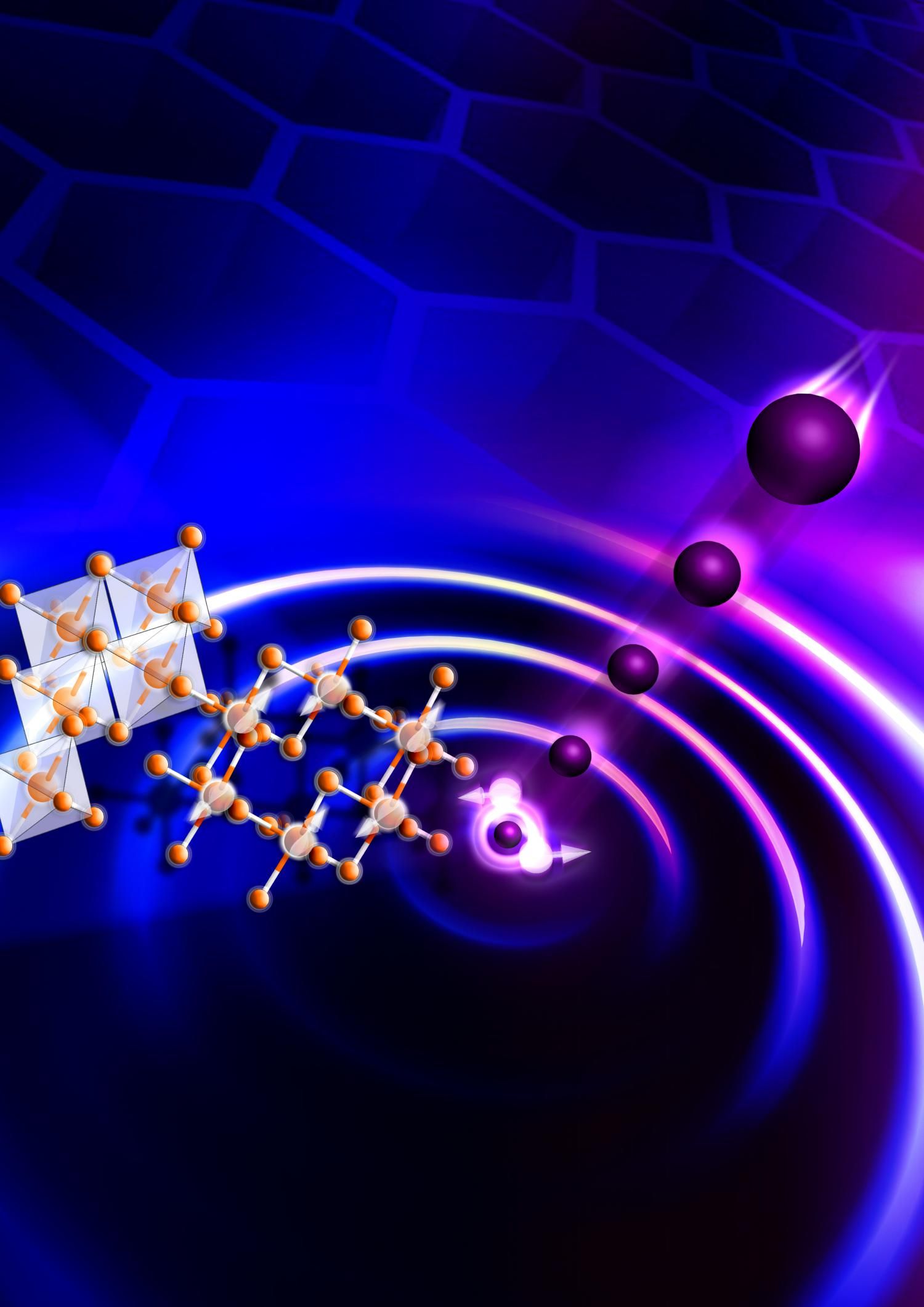Page 11609
Apr 4, 2016
The Pentagon doesn’t know who’s in charge for responding to a massive cyber attack
Posted by Karen Hurst in categories: cybercrime/malcode, government, military
ANNAPOLIS, Md. (April 15,2015) U.S. Naval Academy Midshipmen work together during last year’s Cyber Defense Exercise hosted by the National Security Agency. A new report from the Government Accountability Office finds the Defense Department’s chain of command is unclear for responding to domestic cyber attacks. (U.S. Navy photo by Mass Communications Specialist 2nd Class Tyler Caswell/RELEASED)(Photo: Navy Media Content Services)
Scientists at ETH Zurich and IBM Research Zurich have developed a new technique that enables for the first time the manufacture of complexly structured tiny objects joining together microspheres. The objects have a size of just a few micrometres and are produced in a modular fashion, making it possible to program their design in such a way that each component exhibits different physical properties. After fabrication, it is also very simple to bring the micro-objects into solution. This makes the new technique substantially different from micro 3D printing technology. With most of today’s micro 3D printing technologies, objects can only be manufactured if they consist of a single material, have a uniform structure and are attached to a surface during production.
To prepare the micro-objects, the ETH and IBM researchers use tiny spheres made from a polymer or silica as their building blocks, each with a diameter of approximately one micrometre and different physical properties. The scientists are able to control the particles and arrange them in the geometry and sequence they like.
The structures that are formed occupy an interesting niche in the size scale: they are much larger than your typical chemical or biochemical molecules, but much smaller than typical objects in the macroscopic world. “Depending on the perspective, it’s possible to speak of giant molecules or micro-objects,” says Lucio Isa, Professor for Interfaces, Soft matter and Assembly at ETH Zurich. He headed the research project together with Heiko Wolf, a scientist at IBM Research. “So far, no scientist has succeeded in fully controlling the sequence of individual components when producing artificial molecules on the micro scale,” says Isa.
Apr 4, 2016
Combining Magnetic and Electric Sails for Interstellar Deceleration into target solar systems
Posted by Klaus Baldauf in categories: particle physics, space travel
The main benefit of an interstellar mission is to carry out in-situ measurements within a target star system. To allow for extended in-situ measurements, the spacecraft needs to be decelerated. One of the currently most promising technologies for deceleration is the magnetic sail which uses the deflection of interstellar matter via a magnetic field to decelerate the spacecraft. However, while the magnetic sail is very efficient at high velocities, its performance decreases with lower speeds. This leads to deceleration durations of several decades depending on the spacecraft mass. Within the context of Project Dragonfly, initiated by the Initiative of Interstellar Studies (i4is), this paper proposes a novel concept for decelerating a spacecraft on an interstellar mission by combining a magnetic sail with an electric sail. Combining the sails compensates for each technologys shortcomings: A magnetic sail is more effective at higher velocities than the electric sail and vice versa. It is demonstrated that using both sails sequentially outperforms using only the magnetic or electric sail for various mission scenarios and velocity ranges, at a constant total spacecraft mass. For example, for decelerating from 5% c, to interplanetary velocities, a spacecraft with both sails needs about 29 years, whereas the electric sail alone would take 35 years and the magnetic sail about 40 years with a total spacecraft mass of 8250 kg. Furthermore, it is assessed how the combined deceleration system affects the optimal overall mission architecture for different spacecraft masses and cruising speeds. Future work would investigate how operating both systems in parallel instead of sequentially would affect its performance. Moreover, uncertainties in the density of interstellar matter and sail properties need to be explored.
The Msail (Magnetic Sail) consists of a superconducting coil and support tethers which connect it to the spacecraft and transfer the forces onto the main structure. The current through the coil produces a magnetic field. When the spacecraft has a non-zero velocity, the stationary ions of the interstellar medium are moving towards the sail in its own reference frame. The interaction of ions with the magnetosphere of the coil leads to a momentum exchange and a force on the sail, along the direction of the incoming charged particles.
According to Zubrin, the current densities of superconductors can reach up to jmax = 2 · 1010A/m2 and this is the value used in the analysis. For the material of the sail, the density of common superconductors like copper oxide (CuO) and YBCO was used, with ρMsail = 6000 kg/m3.
Apr 4, 2016
Quantum physics has just been found hiding in one of the most important mathematical models of all time
Posted by Andreas Matt in categories: information science, mathematics, particle physics, quantum physics, space
Game theory is a branch of mathematics that looks at how groups solve complex problems. The Schrödinger equation is the foundational equation of quantum mechanics — the area of physics focused on the smallest particles in the Universe. There’s no reason to expect one to have anything to do with the other.
But according to a team of French physicists, it’s possible to translate a huge number of problems in game theory into the language of quantum mechanics. In a new paper, they show that electrons and fish follow the exact same mathematics.
Schrödinger is famous in popular culture for his weird cat, but he’s famous to physicists for being the first to write down an equation that fully describes the weird things that happen when you try to do experiments on the fundamental constituents of matter. He realised that you can’t describe electrons or atoms or any of the other smallest pieces of the Universe as billiard balls that will be exactly where you expect them to be exactly when you expect them to be there.
Apr 4, 2016
Robotic in orbit assembly of massive sails and laser propulsion elements for fast travel anywhere in the solar system and beginner interstellar capability
Posted by Andreas Matt in categories: robotics/AI, solar power, space travel, sustainability

Robotic in orbit assembly and laser propulsion could enable vast increases in space capability while not significantly changing the world civilization energy budget.
Robotic and additive manufacturing could enable massive frames and massive solar power arrays.
Apr 4, 2016
New state of matter detected in a two-dimensional material
Posted by Andreas Matt in categories: particle physics, quantum physics
An international team of researchers have found evidence of a mysterious new state of matter, first predicted 40 years ago, in a real material. This state, known as a quantum spin liquid, causes electrons — thought to be indivisible building blocks of nature — to break into pieces.
The researchers, including physicists from the University of Cambridge, measured the first signatures of these fractional particles, known as Majorana fermions, in a two-dimensional material with a structure similar to graphene. Their experimental results successfully matched with one of the main theoretical models for a quantum spin liquid, known as a Kitaev model. The results are reported in the journal Nature Materials.
Quantum spin liquids are mysterious states of matter which are thought to be hiding in certain magnetic materials, but had not been conclusively sighted in nature.
Apr 4, 2016
Could Direct Digital Democracy and a New Branch of Government Improve the US?
Posted by Zoltan Istvan in categories: government, mobile phones
My new article from Vice Motherboard on Direct Digital Democracy and a new branch of government:
When everyone has a mobile phone, why not use them to vote?
Apr 4, 2016
Scientists identify neurons that help you process emotions
Posted by Shailesh Prasad in categories: health, neuroscience

Scientists just got one step closer to understanding the nuts and bolts of how your mind handles emotions. An MIT team has identified two neural connections in the brain’s amygdala regions that process positive and negative emotional events. By tagging neuron groups with a light-sensitive protein, they discovered that the neurons form parallel but complex channels that respond differently to given situations. Some neurons within one of those connection will be excited by a feeling, while others will be inhibited — the combination of those reactions in a given channel may determine the emotion you experience.
It’s still early days. The researchers need to explore specific neuron populations in-depth to see how they’re connected, and they have to clearly define the larger neural circuits. If they succeed, though, they might help explain how mental health issues operate. Anxiety and depression might not fire the neurons that normally go off when you’re happy, for instance. The discoveries could lead to more effective treatments that restore your natural reactions.
Continue reading “Scientists identify neurons that help you process emotions” »















